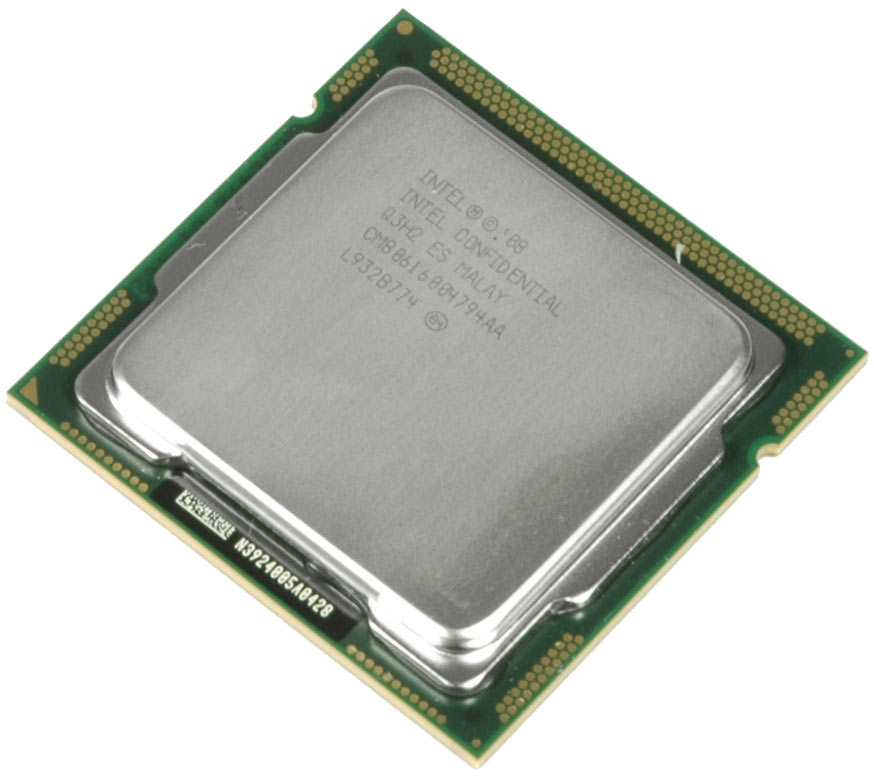AES-NI Performance Analyzed; Limited To 32nm Core i5 CPUs
Clarkdale-Based Core i5 With AES Support
We've published very comprehensive coverage of Intel’s new dual-core processor family that will tell you everything you need to know about Intel’s latest 32nm processors:
Intel Core i5: Clarkdale Rings the Death Knell of Core 2
Clarkdale’s Efficiency: Core i5-661 Against Core 2, Athlon II, Phenom II
Intel’s Mobile Core i5 and Core i3
The processors not only represent Intel's newest generation of manufacturing technology (32nm as opposed to 45nm), but they’re also the first to include the company's first implementation of a few new instructions to accelerate enctyption. AES New Instructions consist of four instructions for AES encryption (AESENC, AESENCLAST) and decryption (AESDEC, AESDECLAST) plus two more instructions for AES key expansion (AESIMC, AESKEYGENASSIST). These are Single Instruction Multiple Data (SIMD) codes. All three AES key lengths are supported (128-, 192-, and 256-bit with 10, 12, and 14 rounds of substitution and permutation).
All AES intructions have fixed and data-independent latency, meaning that time is fixed, hence not requiring any memory access. In addition, the programming model is the same as in all other SSE instructions from the initial standard up to SSE4. This means that all operating systems that support SSE state handling will be able to use AES-NI.
But be careful when selecting a processor, assuming it includes AES acceleration. Only a few models support the new instructions today. Core i3, based on the Clarkdale 32nm dual-core design, does not support it; the Core i5-600-series does.
Get Tom's Hardware's best news and in-depth reviews, straight to your inbox.
The situation is a bit more difficult to comprehend on the mobile side. While mobile Core i3 CPUs again do not support AES acceleration, the Core i5-500 series does. However, the one Core i5-400 model available today also doesn't support AES-NI. Things could be so easy if Intel simply introduced this feature for all models. It looks like AES-NI support will be to the company's Clarkdale-based parts as VT-x was to last-generation's Core 2s.
Current page: Clarkdale-Based Core i5 With AES Support
Prev Page What Is AES Anyway? Next Page Test Setup And Benchmarks